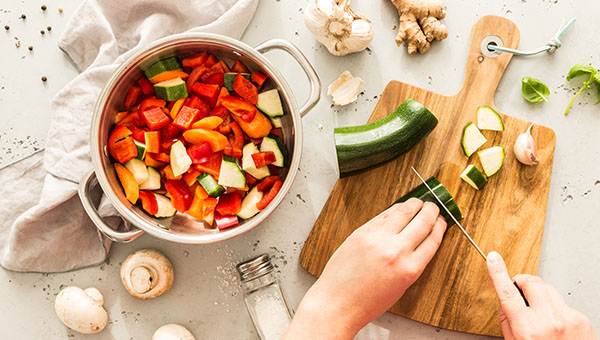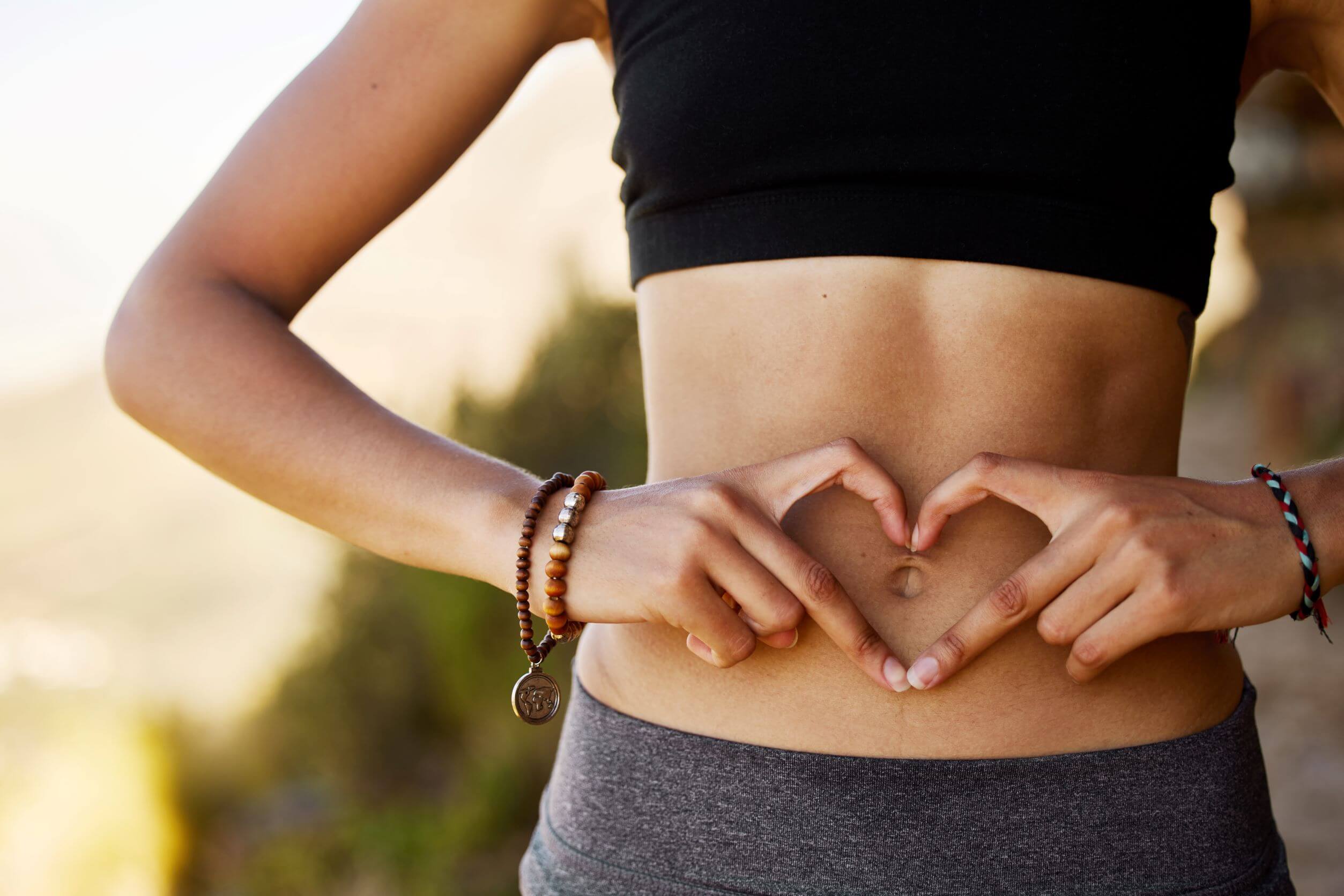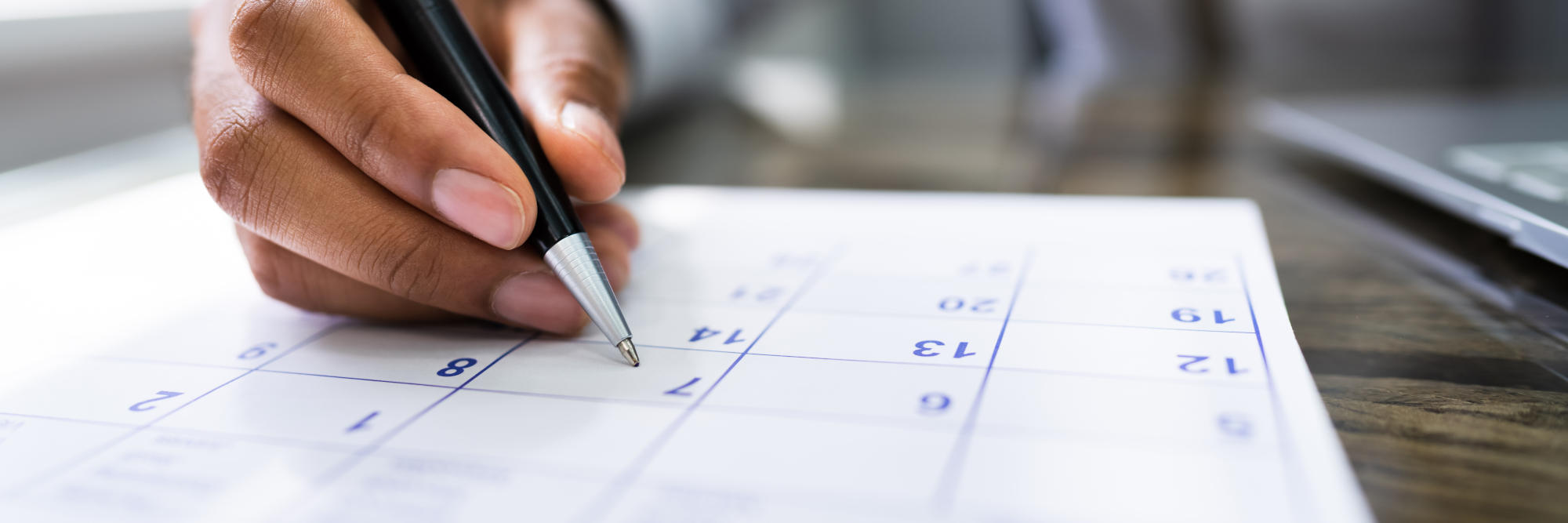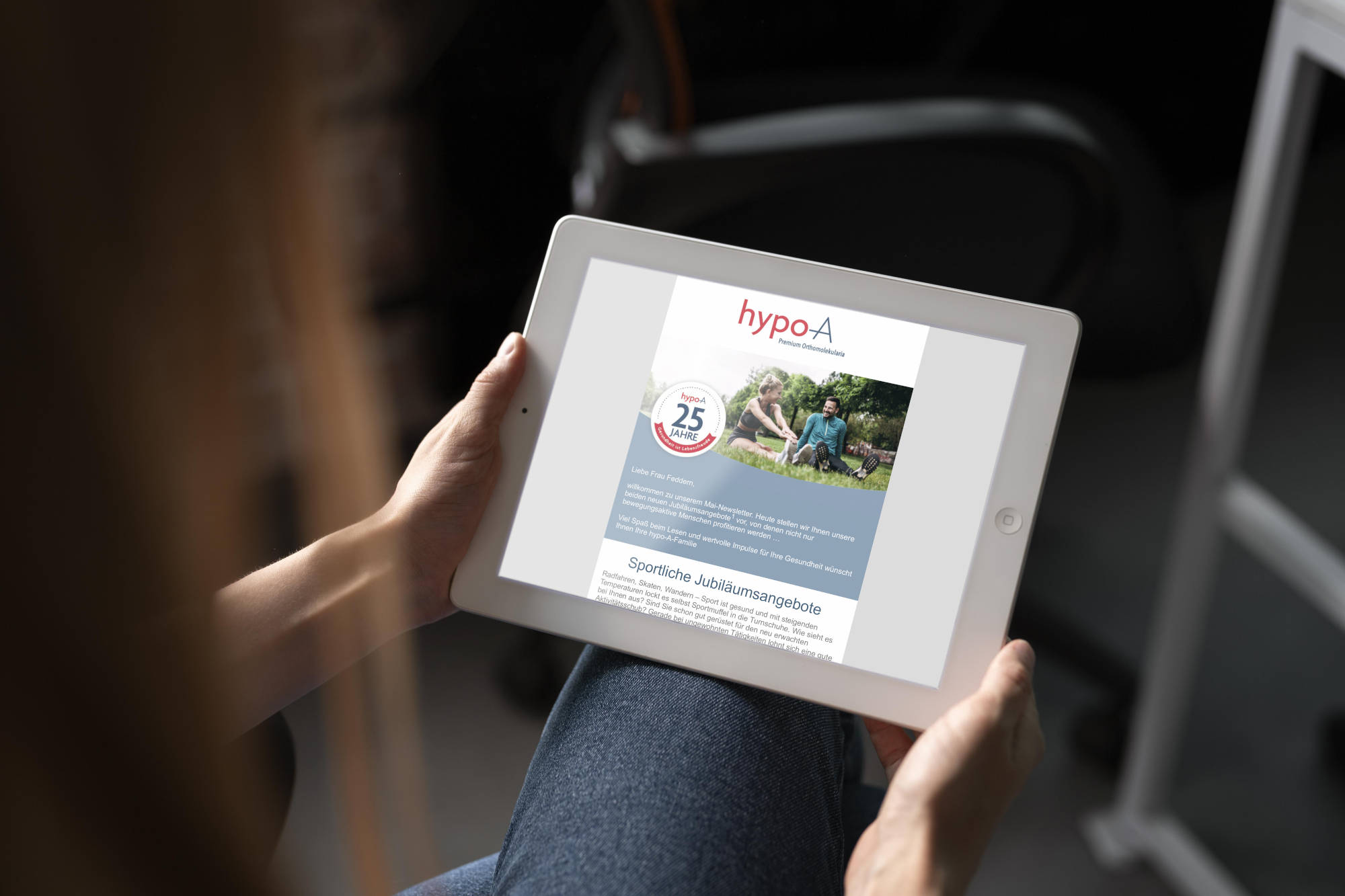05/04/2024
Fasting - instructions for at home

Fasting is a tried and tested means of strengthening health.
Even in ancient Greece, people tried to cure ailments and almost all illnesses with a diet. This always included fasting for at least three days. (1)
Despite its long history, fasting has lost none of its relevance to this day!
Fasting is healthy!
For our ancestors, periods of food deprivation were normal - our metabolism is adapted to this. In comparison, today we eat too much, too often and too unhealthily. This overstrains our digestion and metabolism, causes us to put on extra pounds and makes us ill.
Tip: Contrary to earlier recommendations to eat smaller meals more often during the day, snacking between meals is now generally discouraged again.
Fasting is an ideal workout for our metabolism and can be a real blessing for our body! It not only strengthens our health, but also has a regenerating and rejuvenating effect. So it's well worth giving it a try.

Fasting cleanses and relieves
Fasting mobilises reserves and waste products from the connective and fatty tissue and thus acts like a housecleaning for our body. The entire digestive tract gets a rest and can regenerate in peace. A relief that we not only feel physically.
Fasting as a fountain of youth for our cells
Fasting can activate the cell's own repair mechanisms, break down unnecessary and pathological cell components (autophagy) and have a positive effect on cell ageing. The function of our mitochondria, which supply our cells with energy, also improves. (2)
Fasting can prevent and cure diseases
Fasting can improve a number of lifestyle diseases such as diabetes and high blood pressure and strengthen the immune system. Rheumatism patients can benefit from fasting as it reduces inflammation. Pathological blood values also often improve when people voluntarily abstain from food.
Fasting frees the psyche
Fasting can have a relieving and liberating effect beyond the body and noticeably improve your mood. We can support this effect by minimising stimuli and taking moderate exercise - e.g. a walk in the woods.
What does the body need when fasting?
1. Liquid
During fasting, the body mobilises a lot of waste products from the fat and connective tissue. In order to "flush out" these, you should drink 3 to 5 litres of "empty" liquids per day during fasting. Water and alkaline herbal teas are particularly suitable.
2. bases
For Prof. Dr Harald Stossier, head of the VIVAMAYR Medical Centre Maria Wörth and an experienced fasting doctor, bases such as carbonates are part of every fast. They should neutralise harmful acids in the connective tissue.
3. micronutrients
In order to eliminate the waste products mobilised during fasting, our body not only needs energy, but also sufficient micronutrients. For Stossier, nutrients are therefore an indispensable part of any fasting programme. These include, for example
- Zinc to support the body's own acid-base balance,
- Magnesium, calcium, manganese and B vitamins for energy metabolism and
- Vitamin B2 (riboflavin) to support the mucous membranes.
Fasting guide - gentle fasting at home
There are many instructions for fasting. We would like to introduce you to one that the naturopathic doctor Peter-Hansen Volkmann recommends to healthy people and that he himself follows once or twice a year (1). He uses yoghurt or kefir to provide fasting people with lactic acid, symbiotic bacteria, protein and nutrients. This makes fasting particularly gentle and also supports the intestinal flora.
The aim of the fasting cure is not primarily to lose a lot of weight, but to achieve mental and physical liberation through inner cleansing. Accordingly, only organic food should be used during this time - and beyond if possible.
Fasting instructions according to P.-H. Volkmann
Relief - the right preparation
A gentle cleansing prepares the intestines for the upcoming fasting period and creates a gentle transition from "normal" nutrition to the fasting phase.
In the afternoon or evening of the previous day, literally "bite off" 200 ml of fresh organic sauerkraut juice from a glass once or twice and chew each "bite" at least 30 times. The intensive chewing of the sauerkraut juice causes plenty of saliva to shoot into the mouth. Synchronous starts a strong mucus secretion in all gastrointestinal sections and thus cleanses the deep protrusions (crypts) and pores in the mucous membranes, and far more gently than would be the case with the frequently used Glauber's salt.
The actual fasting
- Depending on your circulation and age, drink at least 3-5 litres of liquid a day, including 0.5 litres each of vegetable juice or vegetable broth and fruit juice to taste - all organic
- Additional 0.5-1 litre organic natural whey without additives
- 500 ml yoghurt or kefir, divided into a morning and an afternoon portion
- The rest is pure water from the tap, wherever it is sufficiently clean. Otherwise from glass bottles, preferably from the health food shop. With or without sparkling water is a matter of taste.
The duration of a fasting cure according to this recipe is between 1 and 2 weeks for healthy people and depends on your personal preferences. If you tend to have a low body weight, you should fast for a maximum of one week. If you are overweight, it may be 3 to 4 weeks - if you supplement with micronutrients.
For support, Volkmann primarily recommends REHA 1 and 3-SymBiose plus from hypo-A, which provide important micronutrients and viable intestinal bacteria during fasting.
Intensified abdominal care with liver compresses
Depending on your general condition and age, apply a hot, moist compress with a hot water bottle to your stomach or liver for 10-14 days in the evening and rest for approx. 30-45 minutes, e.g. in bed. You can then go straight back to sleep if necessary.
Breaking the fast & build-up phase
After the resting phase, you should slowly and gently acclimatise your gut to normal food again. The following are suitable for getting back on track
- For breakfast: thin oatmeal soup or milk soup with oatmeal
- For lunch: 1-2 jacket potatoes with some organic quark and linseed oil or 100-200 g steamed vegetables such as fennel or carrots, which you can flavour with a little butter and fresh lovage or dill, for example
- In the evening: light bread, preferably white bread or an alkaline soup with vegetables
Ideally, you should take the opportunity to change your diet - if you haven't already done so - to the healthiest possible organic food, as described in our tip on a gut-healthy diet.
Make your own vegetable broth
The naturopathic doctor recommends the following recipe for making vegetable broth:
- Approximately 200 g of organic seasonal vegetables
- 200-500 ml water
If you're in a hurry, you can also use dried, ready-made vegetable stock from the health food store if you prepare it thinly.
What else should you pay attention to when fasting?
The right time
With regard to spring fatigue, the period of February/March is considered a good period of Lent. The forty days of Lent before Easter are definitely a good time for some spring cleaning in your body.
If you are facing a phase with exceptionally lavish meals, you can fast beforehand to relieve the burden - for example at the end of November / beginning of December with a view to the upcoming Advent and Christmas season.
Regardless of this, Volkmann always recommends fasting when “your head is ready”. So if you feel the need to fast and want to get started straight away, you can do so regardless of the season.
Contrary to what you might think, fasting is completely compatible with everyday life. It might be easier for you if you choose a time without parties or upcoming business dinners.
What to do if you have a headache?
Some people react to fasting with headaches. “The background is usually a lack of drinking in view of the large amount of toxins that are released from the basic substance. If you have a headache, I recommend drinking 2 liters of pure drinking water in an hour!” is Volkmann’s advice. You can support the relaxation of the brain with a teaspoon of honey, which could be licked up very slowly, or by chewing Vit. B complex plus*.
Who is fasting not suitable for?
Fasting is not recommended for children, young people, pregnant women and breastfeeding women. Eating disorders also speak against fasting. If you have problems with bile or gout, you should only fast, if at all, under medical supervision and not alone at home. Anyone who is sick should consult their doctor before fasting.
Special forms of fasting
There are a number of forms of fasting that differ in their intensity and duration. Fasting purely with water, tea and vegetable broth is not suitable for everyone. Experience has shown that milder forms that allow for a light, bland diet are much better tolerated. These include the fasting instructions presented above.
Medicinal fasting
With therapeutic fasting, fasting is used specifically therapeutically. In German-speaking countries, the F.X.-Mayr fast and the Buchinger fast are particularly well known. Therapeutic fasting should always be accompanied by therapy and can last a few weeks. Therapeutic fasting is particularly promising
- rheumatoid arthritis
- Type 2 diabetes
- High blood pressure
- metabolic syndrome (combination of high blood pressure, obesity, diabetes)
- Chronic pain such as migraines
- Cardiovascular diseases
- Allergies and asthma
- Gastrointestinal diseases (especially inflammatory bowel diseases)
Intermittent fasting
With interval fasting or intermittent fasting, food intake is limited to certain times. For example, five days of normal nutrition can be followed by two days of fasting (5:2 method). The 16:8 method is particularly widespread in our country, with 8(-10) hours of eating and (14-)16 hours of fasting per day, whereby the night is usually used for fasting. Women have a bit of an advantage here. While 14 hours without eating is usually enough for them, men need more like 16 hours.
Tip
You should not eat in the last three hours before going to sleep, otherwise the food will be poorly metabolized.
If you want to try intermittent fasting, you should do it at least five days a week for four weeks to achieve a noticeable effect. For example, many people report that they sleep better and need less sleep because the quality of their sleep improves.
Intermittent fasting does not replace therapeutic fasting, but it does have many positive effects on the metabolism, especially on sugar and fat metabolism. (3, 4)
In contrast to other forms of fasting, intermittent fasting can also be used permanently. It often leads to weight loss and has a long-term positive effect on our health in many ways (4):
- Strengthening the immune system
- Positive effects on heart health
- Normalization of the intestinal flora
- Improve mood and drive (antidepressant)
- Increasing lifespan through a positive influence on cell aging – fountain of youth
- Visible anti-aging
* Biotin, vitamins B1, B2, B3, B6 and B12 contribute to the normal functioning of the nervous system. Zinc contributes to normal cognitive function. Vitamin B5 contributes to normal mental performance.
Literature
- Volkmann, Peter-Hansen: Healthy intestines - healthy people! Very easy! Microbiome care for more vitality and joy of life. VBN-Verlag Lübeck, 2nd edition 2019
- Albstadt-Sigmaringen University: Health: Fasting cure promotes the repair of cells, communication dated October 12, 2020
- https://www. carstens-stiftung.de/artikel/heilfasten.html
- https://www.prof-michalsen.de































